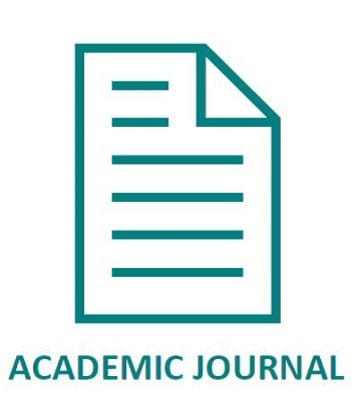Methodologies for Pre-Validation of Biofilters and Wetlands for Stormwater Treatment
Abstract
Background
Water Sensitive Urban Design (WSUD) systems are frequently used as part of a stormwater harvesting treatment trains (e.g. biofilters (bio-retentions and rain-gardens) and wetlands). However, validation frameworks for such systems do not exist, limiting their adoption for end-uses such as drinking water. The first stage in the validation framework is pre-validation, which prepares information for further validation monitoring.
Objectives
A pre-validation roadmap, consisting of five steps, is suggested in this paper. Detailed methods for investigating target micropollutants in stormwater, and determining challenge conditions for biofilters and wetlands, are provided.
Methods
A literature review was undertaken to identify and quantify micropollutants in stormwater. MUSIC V5.1 was utilized to simulate the behaviour of the systems based on 30-year rainfall data in three distinct climate zones; outputs were evaluated to identify the threshold of operational variables, including length of dry periods (LDPs) and volume of water treated per event.
Results
The paper highlights that a number of micropollutants were found in stormwater at levels above various worldwide drinking water guidelines (eight pesticides, benzene, benzo(a)pyrene, pentachlorophenol, di-(2-ethylhexyl)-phthalate and a total of polychlorinated biphenyls). The 95th percentile LDPs was exponentially related to system design area while the 5th percentile length of dry periods remained within short durations (i.e. 2–8 hours). 95th percentile volume of water treated per event was exponentially related to system design area as a percentage of an impervious catchment area.
Conclusions
The out-comings of this study show that pre-validation could be completed through a roadmap consisting of a series of steps; this will help in the validation of stormwater treatment systems.
Note: Journal articles and conference papers (and links where available) are available under open access arrangements where possible. Otherwise please contact your institution’s library, the authors, or publishers to organise full access.
